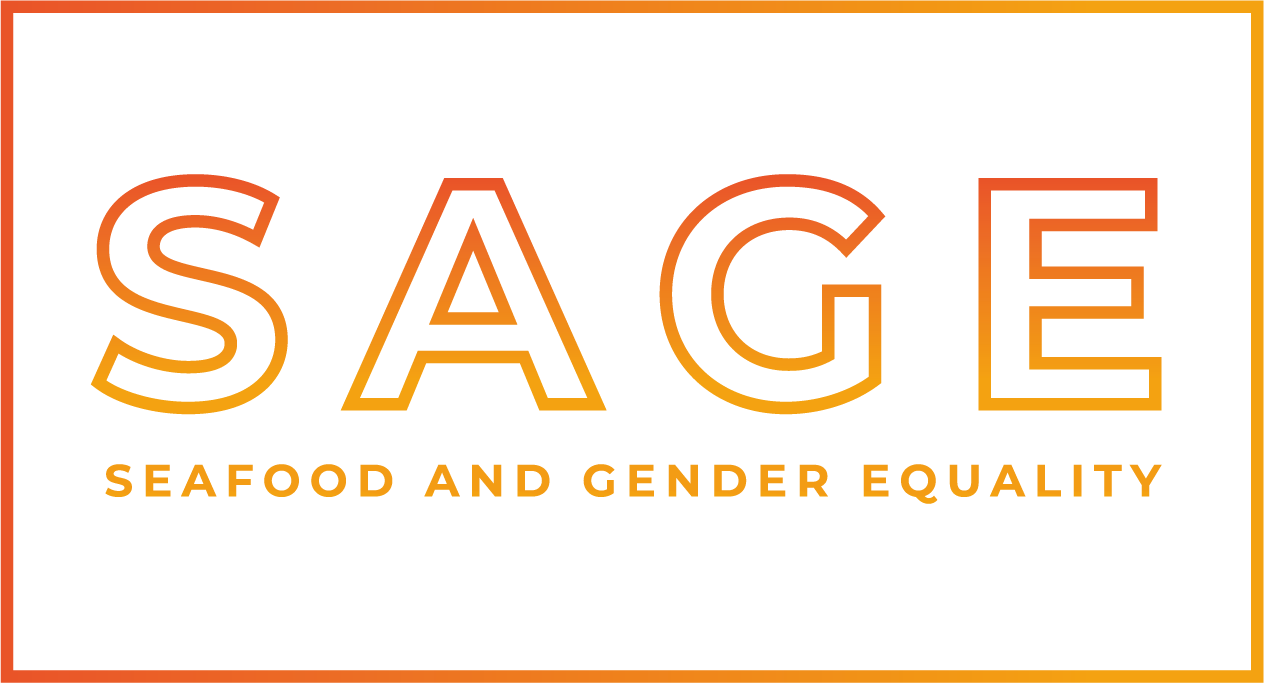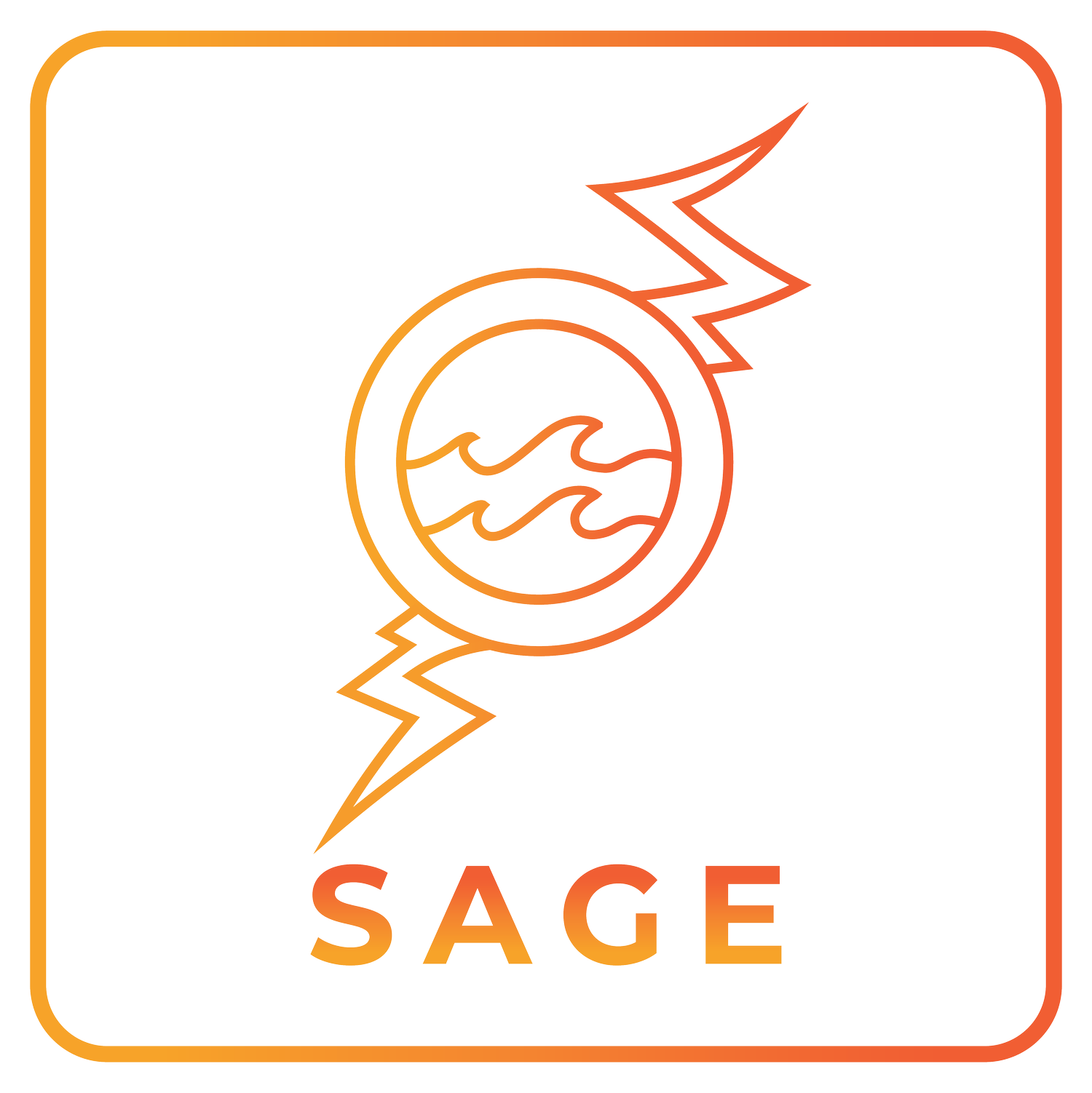

The Conch Podcast features interviews
with the most inspiring people in the world of seafood.
Join Julie Kuchepatov,
founder of Seafood and Gender Equality (SAGE),
as she interviews people striving
to succeed in the sector, as well as those already making an impact,
and the challenges they face -
all while working to improve
the environmental and social responsibility
of the planet’s most incredible food source - seafood!
How do MICROPLASTICS wind up in marine life?
What’s their effect on ocean ecosystems and our seafood? And most importantly, what can we do to prevent this from happening?
Thankfully, Taja Sims-Harper is here to tell us!
A doctoral student in the marine biology department at the University of New Hampshire, Taja’s research focuses on microplastics in oysters and other marine life. She also recently became an oyster farmer and is a proud member of Minorities in Aquaculture.
Catch all of her insights and hear about her amazing journey on Season 5, Episode 1 of The Conch podcast!
Episode Guide
:00 Intro
01:20 Introducing Taja Sims-Harper, a doctoral student in the marine biology department at the University of New Hampshire studying microplastics in marine life AND seafood!
03:39 Taja shares her lab work and research with oysters and microplastics (BTW, it’s stinky!)
13:30 Taja’s journey - from Oakland to Maine; from Oregon to New Hampshire
18:20 How Taja became a fan, member, and intern of Minorities in Aquaculture and what this incredible organization means to her
24:30 Not only a doctoral student, but also an oyster farmer! Taja walks us through what it takes to farm oysters
28:41 How climate change factors into Taja’s research on microplastics and as an oyster farmer
31:51 Favorite seafood memories usually involve oysters and Taja’s favorite is no different
33:39 Taja shares some hurdles she’s faced as a woman and as a Black woman throughout her career in academia and aquaculture, along with how she overcame them!
Resources:
Check out this report on microplastics in seafood and the implications for human health
Recommend this episode to one person who is curious about how microplastics are affecting our seafood.
The Conch podcast is a program of Seafood and Gender Equality (SAGE).
Audio production, engineering, editing, mixing, and sound design by Crystal Sanders-Alvarado for Seaworthy.
Theme music: “Dilation” by Satan's Pilgrims
Funding generously provided by





